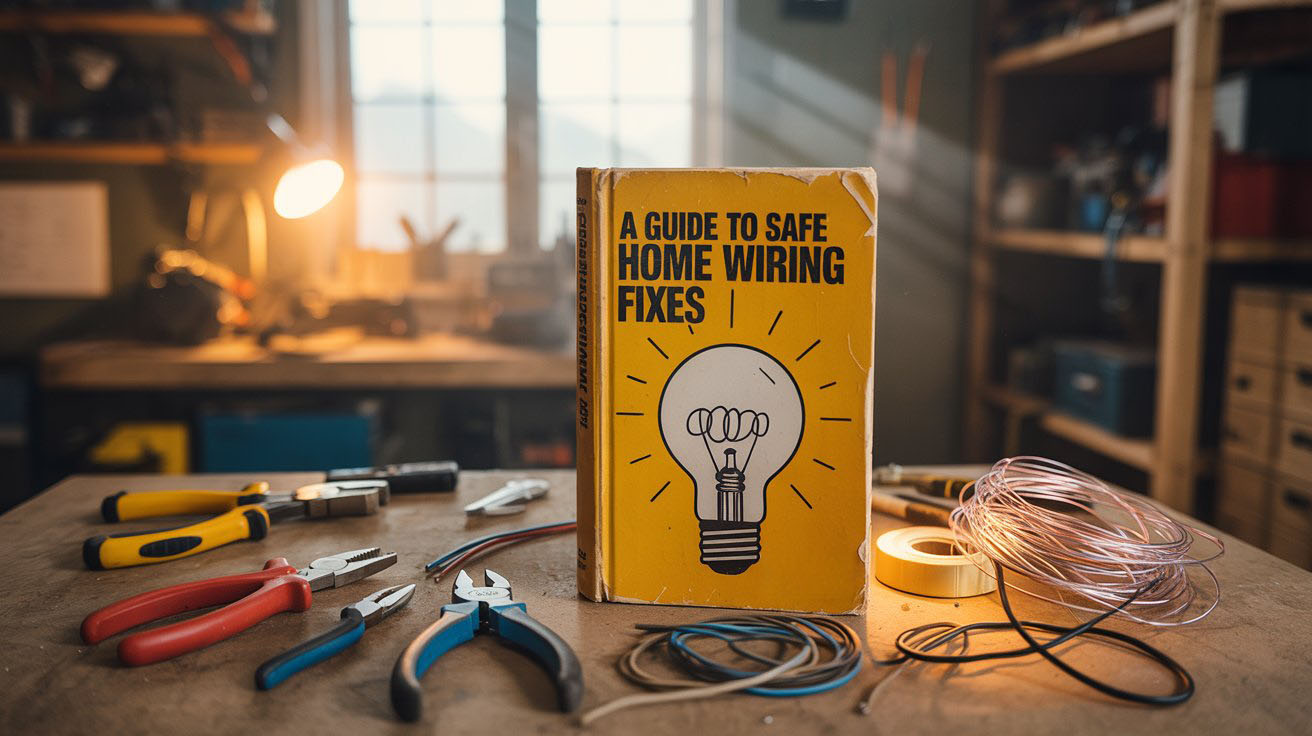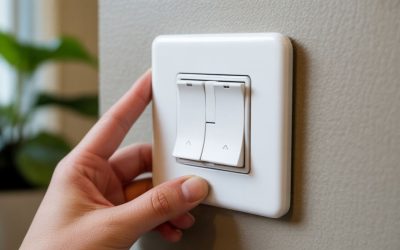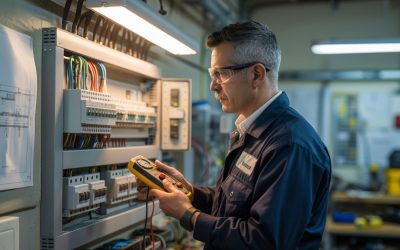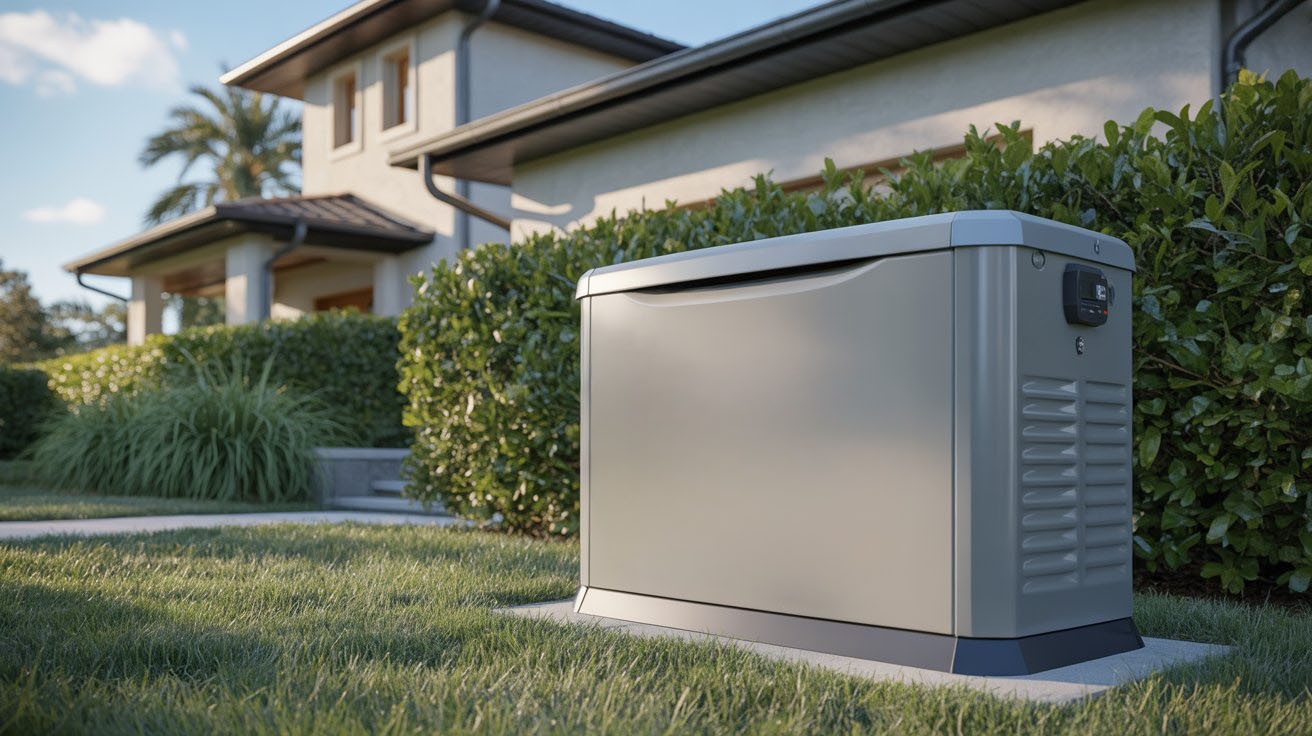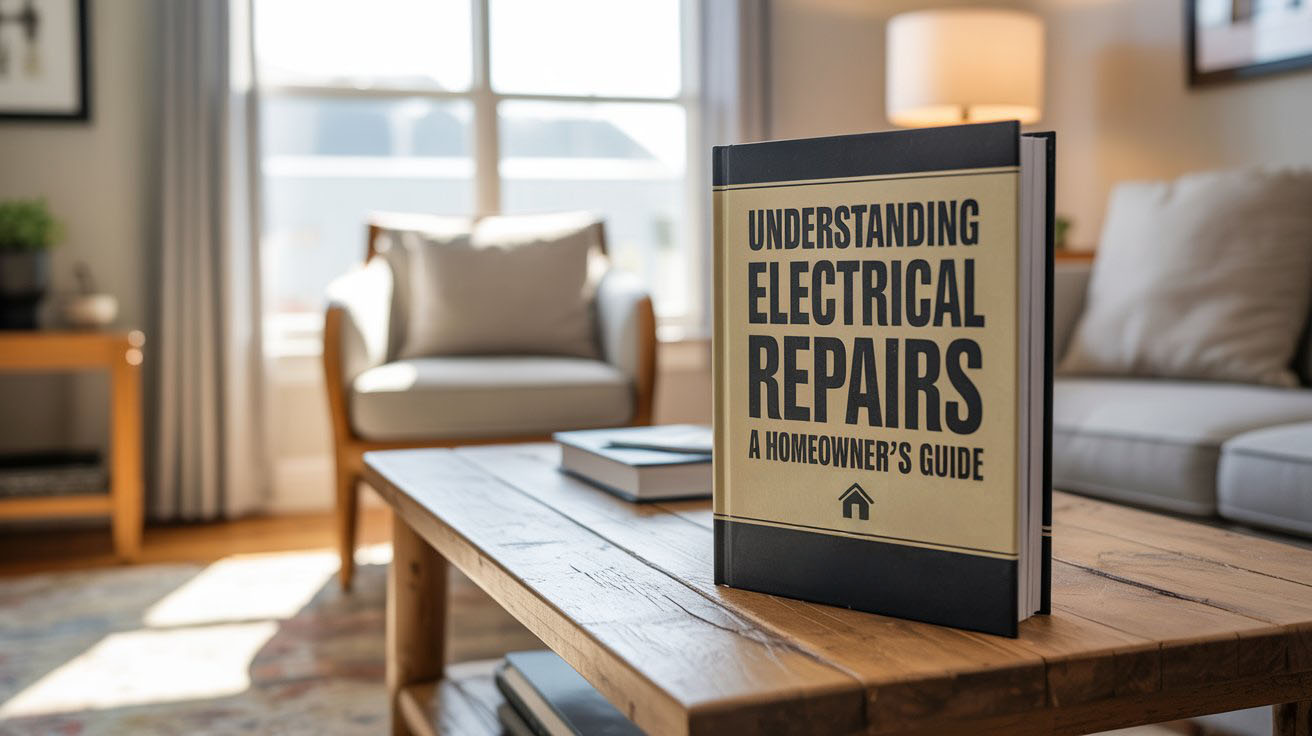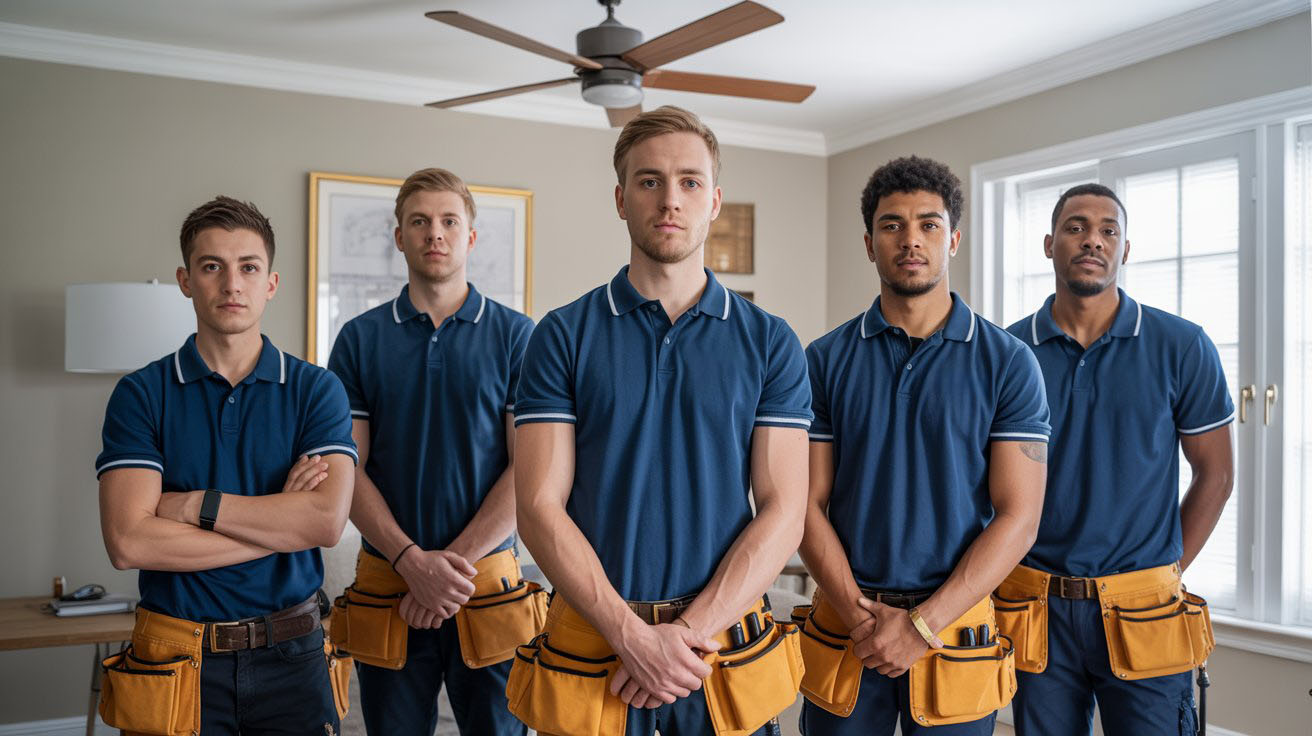Electric shock can pose a serious risk during home wiring fixes. Understanding how to avoid it is essential for anyone considering DIY electrical work. This guide offers practical advice for safely handling electrical projects around your home.
Table of Contents
- Understanding Electricity
- Basic Safety Measures
- Common Wiring Fixes
- When to Call an Electrician
- Key Takeaways
- FAQ
Understanding Electricity
Electricity is powerful and can flow through the body if contact is made, leading to severe injury or even death. When working with electrical systems, it’s vital to know the basics. Remember that electricity looks for the easiest path to the ground. This path may include you if you’re not careful.
To avoid electric shock, familiarize yourself with the terms AC (alternating current) and DC (direct current). Most household circuits run on AC, which can be more risky than DC.
Basic Safety Measures
Staying safe should always come first. Before you begin working on electrical repairs, follow these essential safety precautions:
- Turn Off the Power: Always switch off the circuit breaker or remove the fuse connected to the area you’re working on.
- Use the Right Tools: Insulated tools are designed to keep you safe. Always choose the correct ones for electrical work.
- Wear Protective Gear: Safety goggles and rubber-soled shoes can protect you from accidents.
- Check for Voltage: Use a voltage tester to ensure that wires are not live before touching them.
- Avoid Wet Conditions: Water is a good conductor of electricity. Always work in dry conditions.
These measures can significantly reduce the risks associated with electrical work.
Common Wiring Fixes
Understanding common home wiring tasks can help you identify when to proceed with caution. Here are a few frequent fixes:
- Replacing Light Fixtures: This task is usually straightforward. Ensure power is off and use a voltage tester.
- Installing a Ceiling Fan: Make sure to support the fan properly and pay attention to the manufacturer’s instructions.
- Fixing Outlets: Look for signs of damage like buzzing sounds or sparks. Replace faulty outlets immediately.
Always remember that if a task seems too complicated, don’t hesitate to seek professional help.
When to Call an Electrician
Some situations require a trained professional. Here are indicators that it’s time to call in an expert:
- Frequent Circuit Overloading: If you repeatedly blow fuses or tripping breakers, this might signal a bigger problem.
- Flickering Lights: This issue could indicate poor wiring or a bad connection.
- Burning Smell: Never ignore this; it’s a sign of an electrical fire risk.
Professional electricians are equipped to deal with complex wiring issues safely.
Key Takeaways
– Always turn off the power before starting electrical work.
– Use insulated tools and wear protective gear.
– Check for voltage before touching wires.
– Learn common wiring fixes and when it’s best to call a professional.
– Never take risks with electrical problems; safety should always come first.
FAQ
What should I do if I get shocked?
If you receive a shock, do not panic. Assess your condition first. If you feel okay, step away from the source of electricity. If symptoms persist, seek medical attention.
How can I tell if a wire is live?
Use a voltage tester to check. This handheld device will indicate if electricity is flowing through the wire.
Can I work on electrical systems without a permit?
Many localities require a permit for electrical work. Check local regulations before starting any significant electrical project.
Is it safe to do simple electrical work myself?
Basic tasks can be performed safely if you follow proper precautions. However, always prioritize safety and consult a professional when in doubt.
What tools are required for basic electrical work?
You will need insulated screwdrivers, a voltage tester, wire strippers, pliers, and other necessary tools.
Schedule Your Electrical Service Today
Taking proper care of your home’s electrical system is vital for safety. If you’re unsure about any aspect of electrical work, don’t hesitate to seek professional help. For expert assistance tailored to your needs, feel free to Contact Us. Your safety should never be compromised.

